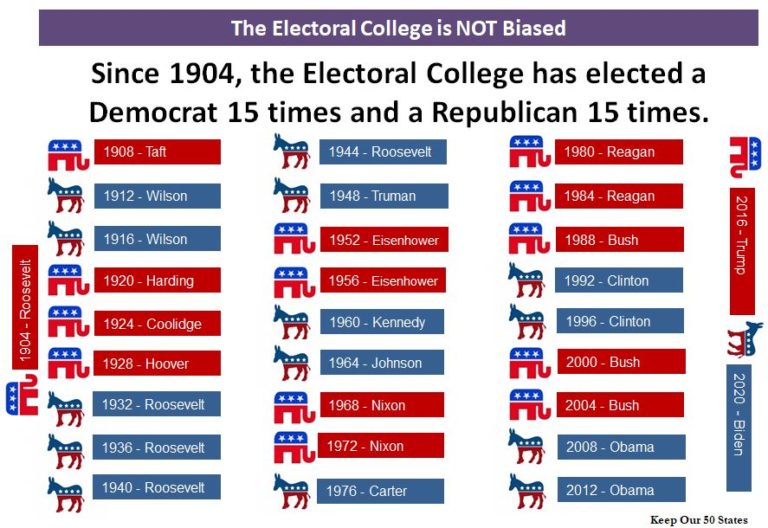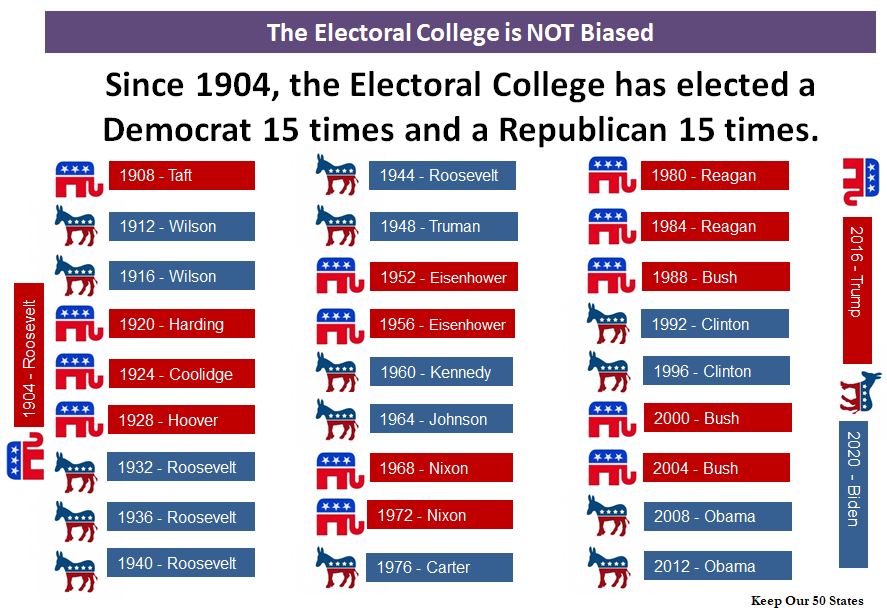I was recently asked, what if I got in an accident, and while I was lying in the emergency room, I saw God. Or what if a loved one got hit by a bus, and God appeared while I was waiting for the ambulance to show up. Would I believe in God then?
I might. But it would be for the wrong reasons.
Basically, this is a variant on “There are no atheists in foxholes“, in that it’s a type of conversion that occurs when one is in trouble.
The thing is, I want to know the truth about whether there are any gods. Which is to say, I want to have good reasons for what I believe on the topic. But what it boils down to is, how can I figure out whether a given proposition is likely to be true or not?
So the “will you believe when you’re in trouble?” argument is “Oh, sure, you don’t believe in God now when you’re in your right mind and thinking straight. But what if you get a revelation while you’re stressed, harried, and/or aren’t getting enough oxygen to the brain? Then would you believe?” I don’t think I need to point out the flaws in this argument, when it’s put this way.
I mean, if I suddenly started hearing the voice of God, I like to think that I’d go to a psychiatrist to see whether a dose of Thorazine can make him shut up: the simplest explanation for my hearing voices would be schizophrenia, not the all-powerful ruler of the cosmos taking a sudden interest in my life.
But what if God exists, and only appears to people in dire need? In that case, I might not be thinking straight at the time of the revelation, but I could still look back on the events afterwards and see whether I still have good reason to believe that the god I met was real. If all I got from the vision of god was platitudes like “it’ll be okay”, the simplest explanation would be that I hallucinated the event, perhaps from stress. That goes double if the god didn’t speak in audible syllables, but were simply a wordless voice in my head.
But okay, what if God gave me verifiable information that I couldn’t have come up with on my own, like “your girlfriend’s been shot; she has a .22 caliber bullet lodged between her third and fourth lumbar vertebrae, on the dorsal side”? (Feel free to come up with a better example.)
For one thing, I’d want hard evidence that this is really what happened. Human memory is notoriously unreliable; I’d trust video recordings and photos a lot more than my recollection. I’d want to see video of me telling the EMTs in the ambulance that there’s a bullet lodged between the third and fourth lumbar vertebrae, or at least an EMT report with “bystander says that…”, followed by X-rays or a doctor’s report that confirms what I said. The more specific the “diagnosis” from revelation, the better. Of course, even if we could establish that I somehow received information through mysterious channels, that still wouldn’t establish that it was a god who gave it to me (as opposed to, say, telepathic aliens, or whoever’s monitoring the Matrix-like world that I inhabit).
But if, after a few years, I started telling the story of how God told me where the bullet was, and I told the EMTs, the simplest explanation would be that I was misremembering: perhaps “God” had simply told me that “it’s going to be okay”; then at the hospital I saw the X-rays showing the bullet; and after a few years, my mind conflated the two events to make the event seem more astounding than it was.
Now, some people may say, “well, if you demand that much evidence, then of course you’re never going to believe in God!” But I don’t think I’m being unreasonable. I bet that a lot of the people making this complaint wouldn’t believe in unicorns just because they saw one at a time of stress. And say what you will about unicorns, but they’re more plausible than gods, since they don’t violate the laws of physics.
So really this last argument comes down to “I can’t muster the evidence that would convince you, so you need to lower your standards, because you really ought to believe in God.” Sorry, but no. I try to keep an open mind, but as the saying goes, if your mind is too open, people will stuff it full of garbage.


